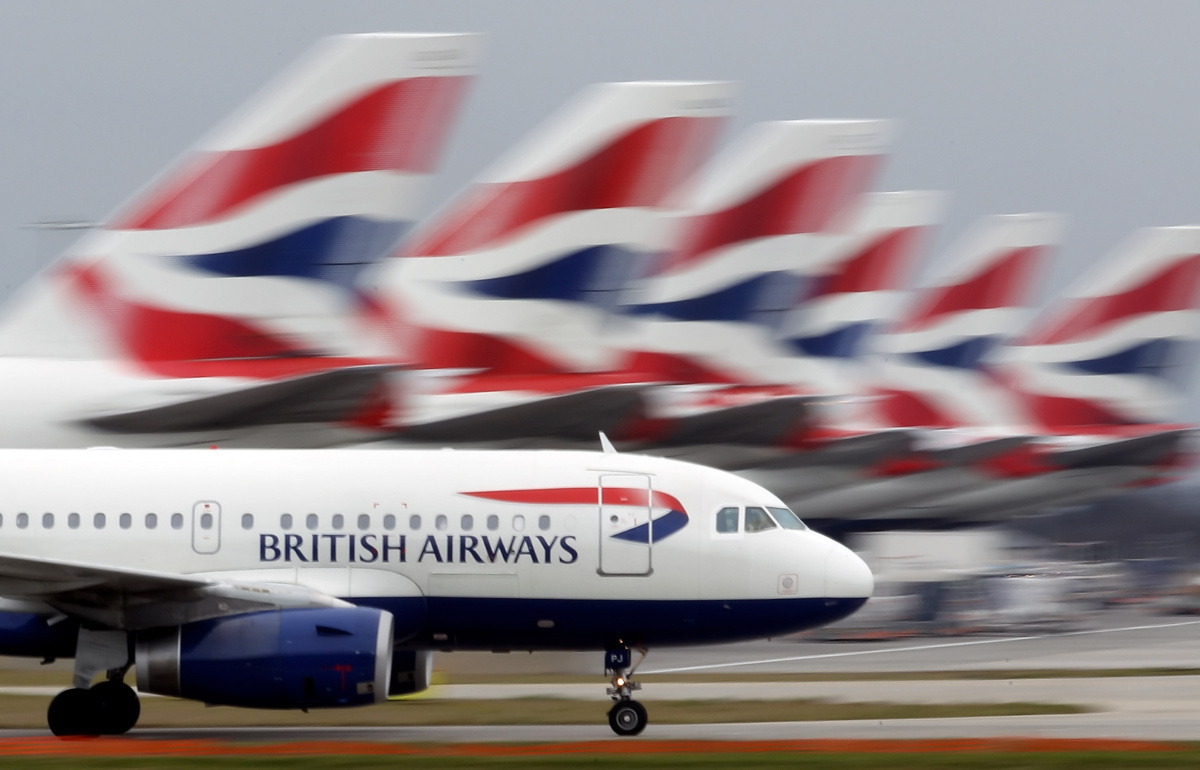As concerns grow over new, more contagious variants of the COVID-19 virus, Turkey has stopped flights from South Africa, India, Bangladesh, Brazil, Nepal, and Sri Lanka. On Monday, the Turkish Ministry of the Interior said that arriving passengers from other counties who had been in the six counties within the last 14 days must take new measures. Firstly they will need to show proof of a negative COVID-19 PCR test taken a maximum of 72 hours before arriving in Turkey and then must quarantine for 14 days.

Regarding passengers coming on flights from Afganistan and Pakistan or people who have been in either country within 14 days of arriving in Turkey, the rules are slightly different. Firstly they will need to show proof of a negative COVID-19 PCR test taken a maximum of 72 hours before arriving in Turkey and then they must quarantine for ten days and not 14.
Stay informed: Sign up for our daily and weekly aviation news digests.
The Delta variant is highly contagious
In its statement carried by Reuters, the Ministry added that people arriving in Turkey from Egypt, Iran, Singapore, and the United Kingdom must show proof of a negative COVID-19 PCR test taken within 72 hours before arrival.
The COVID 19 B.1.617.2 Delta variant first detected in India has spread to at least 92 countries and is considered the most contagious of all the variants. The rate at which the Delta variant is spreading has scientists worried that it could adversely affect countries with low vaccination rates. Researchers in the United Kingdom say that the Delta variant makes up 99% of all new COVID-19 cases.

The concern is that it is considered 60% more transmissible than the Alpha variant. Scientists are saying it may also increase the risk of hospitalization and is somewhat more resistant to vaccines. When speaking about the Delta variant in the Guardian newspaper Dr. Stephen Griffin, a virologist and associate professor at the University of Leeds school of medicine, said:
“This is the problem with hanging everything on vaccines until you’ve got something near a population immunity threshold … you need a much higher coverage to protect against a variant that’s more transmissible … It just speaks to the fact that we really, really must keep cases down at the same time as rolling the vaccines out.”
Turkey was beginning to reopen
Following weeks of lockdowns, Turkey began to open up as the number of people infected with COVID-19 significantly decreased. Currently, Turkey sees around 5,000 new cases of the virus each day, which is way down from the 60,000 cases per day recorded in mid-April. Turkey has also been making progress with its COVID-19 vaccine rollout and says that at least 38% of the adult population has received at least one dose.
Hello summer!Experience a unique summer in Turkey, a colorful holiday paradise with its pristine beaches, extreme sports for thrill-seekers, and its cultural heritage dating back thousands of years!#TurkishAirlines pic.twitter.com/lwjG6ZUp9y
— Turkish Airlines (@TurkishAirlines) June 29, 2021
Like many other counties with a Mediterranean coastline, Turkey relies heavily on tourism, leading to pressure on the government to open up and allow foreign tourists back in. German Chancellor Angela Merkel is critical of the decision made by other EU nations to allow tourists to visit and lambasted Portugal last week for allowing British holidaymakers in, knowing that the Delta variant was circulating widely in the UK.
Not surprisingly, Portugal was the first country in the European Union to report a case of the Delta variant and has subsequently been taken off of the UK’s green list of safe countries for travel.
Russia is a COVID-19 hotspot
Besides the counties already mentioned, the latest one to send up a red flag is Russia, a country whose nationals love to visit Turkish resorts. Over the weekend, COVID-19 death rates in Moscow and St Petersburg set new records, prompting restaurants and cafes to ask customers for proof of vaccination or a negative COVID-19 test.

What do you think of Turkey’s new restrictions? Are they sufficient, or do you think they should be stricter? Please tell us what you think in the comments.
from Simple Flying https://ift.tt/3jDjvPB
via IFTTT

Comments
Post a Comment